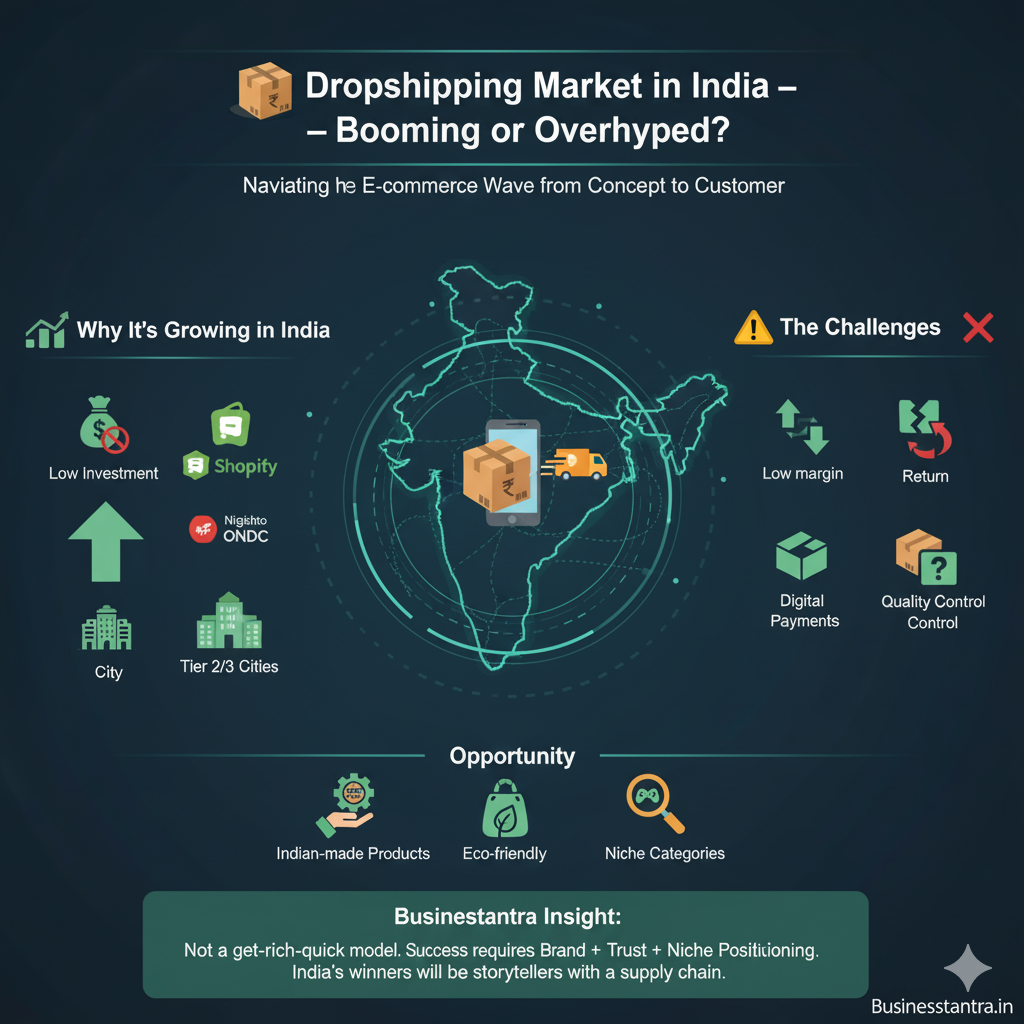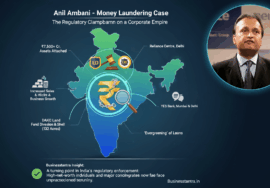India’s senior citizens are an untapped group. For startups, they can mean new business
[ad_1]
Every day, over 15,000 Indians turn 60 and step into the senior citizen category. With advances in medical science, the average life expectancy will rise to 75.9 over the next three decades. The next seven years will see India emerge as the most populous country in the world with the current senior citizen population of 130 million expected to reach nearly 300+ million, constituting 20 per cent of the population.
Ageing can become a huge problem if India’s healthcare infrastructure and support systems do not make giant leaps in logistics and technology. Moreover, Indian family support systems are not emotionally and economically geared to take on the challenge.
Senior citizens are a wealth of resources. Their experience and professional expertise are waiting to be channelised into meaningful deliverables which can play a key role in increasing national productivity.
Figure 1: State-wise senior citizens distribution
![]()
India is emerging as the third largest startup cultivator in the world, and is expected to grow at a rate of 12–15 per cent, with two-three new tech startups born every day. The country witnessed 40+ Unicorns (startups valued at over $1 billion) in 2021 against a collective 30+ Unicorns between 2011 and 2020. These can address the need of the market and leverage it into successful new product ideas.
Also read: India’s elderly population to rise 41% over next decade to touch 194 mn in 2031: Govt report
Age complexities and synchronisation status quo
When an individual reaches the age of 60, they encounter new challenges such as health issues that manifest especially if the individual lazes through “retired life” and fails to keep their mental and physical faculties engaged actively. Moreover, a sudden decrease in social interaction results in feeling isolated and ignored which can lead to psychological problems. Additionally, a lack of peer group interaction can make the individual feel technologically outdated. Financial problems can also surface without proper retirement planning.
While these problems are currently addressed by both the government and startup ecosystems, they remain extremely limited.
- Articles 41 and 46 of the Indian Constitution strengthen provisions for elderly persons in policy making and government initiatives.
- Government schemes like the Integrated Programme for Older Persons (IPOP) by the Ministry of Social Justice and Empowerment are run with the objective to improve the quality of life of older persons by providing shelter, medical care, and entertainment opportunities.
- Rashtriya Vayoshri Yojana (RVY) leverages the leftover fund to create a senior welfare fund from unclaimed amounts in small savings accounts, PPF, and EPF.
The Indian startup ecosystem in this space includes:
- Khyaal, which focuses on making the lives of the elderly more comfortable by providing easy and safe assistance.
- Silver Talkies, aimed at a target segment of age 55+, operates a multi-dimensional platform to meet the intellectual and social engagement needs through online and offline activities with the mission #AgeingRedefined.
- Emoha is aligned to create a ‘connected community’ with over 3,500 members, empowering a 360-degree approach with mission #EldersFirst.
However, India lacks a startup which leverages the business and monetisation potential that the ageing population holds. Some opportunities that these startups can explore are:
Also read: Indian law unclear on who to back if a woman is thrown out by her in-laws
Categorising Chief ‘Experience’ Officers (CEO) as an asset class
The elderly possess an unmined personal and professional life experience that can contribute immensely towards channelling a better tomorrow. They hold a vital role in setting up a generational link for upcoming generations through the various roles they have played, contributing to both the morals and the upbringing of the younger generation to make responsible citizens out of them. Acknowledging these contributions and presenting them as a product, in the form of vlogs, blogs, or experiential models, holds huge potential to contribute to both top-line and elderly society.
Yielding network effect through building communities
With over 60 per cent senior citizens prone to loss of physical independence and depression, coupled with mental and societal insecurities, the need for caregiving communities is immense; to make them feel empowered, secured, and cared for. Startups can nurture communities based on the “old is gold” adage, such as retirement and home caregiving communities. Subsequently, they can also collaborate with industry experts, delivering convenient infrastructure and special caretaker products to develop a service. These services can be oriented towards assisting industry experts in their R&D initiatives, developing better reach, leveraging the word of mouth and network effects, and direct sales initiatives. This model will help startups develop a service-driven revenue stream and keep communities aware of innovative ways to address their problems.
State synchronisation and leveraging analytics
Government initiatives and the startup ecosystem lack the necessary synchronisation between the solutions they offer. There is a need for startups to address these gaps and develop synergy in the social space. For example, the Rashtriya Vayoshri Yojana (RVY) utilises unclaimed funds from bank accounts, which as of December 2020 stands at over Rs 1 lakh crore, should be synced with the startup ecosystem to help provide funds to senior citizen dedicated initiatives. Startups can further develop Business 4.0 capabilities to address the problem of low fund claim ratio of for the elderly by leveraging analytics to predict early withdrawal of funds depending on researched factors. This product can be strategised with a commission-based pricing model to generate revenue and also contributes to a more social responsible society.
Also read: ‘Very poor demand for boosters’ — why 3rd shot numbers have dipped sharply in 1st week
Addressing affordability and inflation
With no streamlined income source, senior citizens’ savings are most prone to the risk of healthcare inflation, which is highly wealth eroding. Startups can develop a financial product to provide a hedge for this problem. These products possess the capability to cross-sell along with products like budget solutions, investment guidance, accounting audits, and building an emergency corpus, thus generating multiple revenue streams. These initiatives allow startups to leverage capabilities of the financial derivatives market and help address the ‘sandwich generation’ and maintain complexities of old-age dependency ratio.
Developing a knowledge base for business consultants/advisors
Startups can work to mentor Chief ‘Experience’ Officers (CEOs) to convert their experiences into books or consulting frameworks through guidance. They can also align their product with current trends of podcast and audiobooks to develop a model, monetising online learning systems like Spotify, Coursera, and LinkedIn.
India’s ageing demographic can offer a lucrative business proposition for new startups; it is up to the agile entrepreneurs to take note of this and act upon them.
Rajeshwari K is senior associate professor of marketing and Sunmeet Singh Oberoi is an MBA student at Great Lakes Institute of Management, Chennai. Views are personal.
(Edited by Pranay Dutta Roy)
[ad_2]
Source link










